Zoos hold a special place in most people’s hearts. Many have childhood memories of going to the zoo and standing in awe of the magnificent creatures. I’m sure many of us in Sutton have all visited the beloved Southwick Zoo in Mendon. In fact, over 181 million people visit a U.S. zoo every year. For many people, zoos are the only chance they have to see and connect with wildlife.
Are zoos more bad than good? Is it an imprisonment for the animals? Do zoos negatively affect the ecosystem? And should the government intervene or are they not as bad as we may think?
It is important to first establish that all zoos in each state in the country are run differently. Zoos vary widely on how they treat their animals. It is difficult to get a true understanding about how all zoos work. There is a massive widespread opinion about zoos, and lots of misconceptions and myths. Still, all zoos have pros and cons…
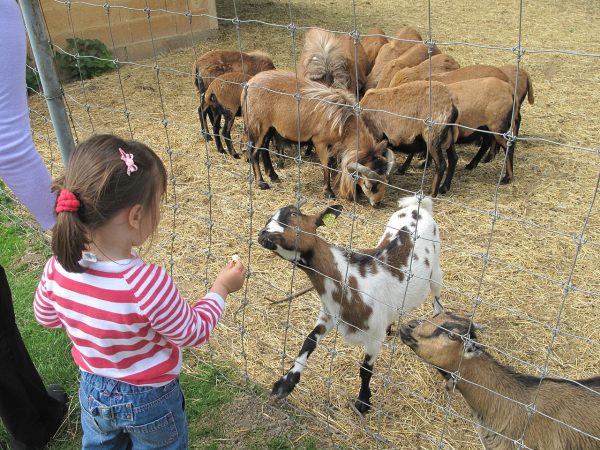
(Tangopaso – Own work, Public Domain)
Pros
Zoos all over the world have embraced the mission of saving endangered animals. They want to provide entertainment, but they are greatly concerned with the protection and conservation of animals and their natural habitats.
They provide a protected environment for endangered animals, and help raise awareness and funding for wildlife initiatives and research projects. In fact, should zoos be banned, many species would go extinct. In a world faced with global challenges such as climate change and habitat loss, conservation efforts are crucial to ensure that endangered animals do not go extinct. A primary benefit of zoos is that they provide immense support to global conservation efforts through captive breeding programs.
There are approximately 900 species of animals classified as endangered that zoos are helping to get off that list. Efforts by zoos to conserve species have resulted in saving at least 48 mammals and birds from extinction since the early 1990s. The rates of extinction would have been three or four times higher if actions like captive breeding had not been taken. Also, zoos are a main contributor to wildlife conservation. According to the Association of Zoos and Aquariums (AZA), in 2020, zoos set aside $230 million from their annual budget for wildlife conservation.
Zoos help educate the public about animals and their habitats. A survey showed that 35 percent of eco-friendly people learned sustainable behavior from zoos. That isn’t all that the AZA has done for our education of wildlife. 5.5 million individuals were reached through field trips, outreach programs and education resources. 124 facilities reported more than 1,200 education programs that include content about connecting to nature, reaching more than 33 million. They have, in addition, offered programs for teacher development, helping over 96,000 teachers.
Zoos are a great way for people to get out of the house and off of mindless technology. They are cheap and affordable, educational for the kids, and bring lots of fun and enjoyment for everyone.
Zoos are also crucial to our research on animals and their habitats. Breakthroughs in animal behavior and treatment, like why elephants swing their trunks or how gorillas develop heart disease, have been made possible because of zoos’ ease of access. There are many misconceptions about zoos that self-made ‘experts’ make up. Kyle Banton-Jones, a zookeeper and animal welfare professional, debunks many of these rumors.
A common misconception is “animals being lonely [from living in zoos] and needing a friend.” While humans are extremely social animals and one of the worst things you can do to us is put us in solitary confinement, this is not the case for many animals. Many animals in the wild are completely solitary and only spend time with one another to mate.
Another myth is that “animals are not well cared for.” However, almost all zookeeper positions require a Bachelor’s degree and it is extremely difficult to get hired. Zoos only hire the best to take care of their animals meaning they are very competitive. Being a zookeeper is also not a high paying job, which means that almost all of the people who pursue that line of work are doing so out of love of the animals and their work.
Zoos are also always being monitored by big governing bodies, like the AZA, which hold zoos to the highest standards for their animals’ care. Moreover, zoos are immensely important to the economy with each zoo providing at least 198,000 jobs and providing around 2.25 billion dollars.
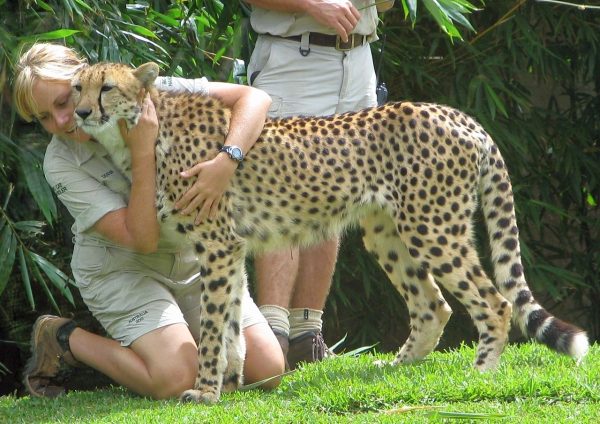
Cons
Not all zoos have ample space to provide their animals; many zoos cram in as many animals as possible into the enclosures.
Tigers and lions have around 18,000 times less space in zoos than they would in the wild. Polar bears have one million times less space.
Additionally, exhibits in zoos are a far cry from the natural landscape they are trying to imitate. Nearly all zoo enclosures contain fences, glass or other barriers for visitors to look through, which are inherently artificial. According to the World Animal Foundation, “zoos don’t provide suitable environments for the animals, because they are kept in small, confined spaces where their needs aren’t met. Many animals are ignored and may even die prematurely.”
The lack of space, unnatural environments and crowded conditions can directly affect the behavior of animals, most notably in the form of what’s known as “stereotypy.” Stereotypy is often obsessive, repetitive actions that serve no purpose and it is mostly due to human involvement. Some actions include pacing, rocking back and forth, over-grooming, hair-pulling and feather-plucking, eating disorders, playing with excrement, vomiting, self-harm, swaying, head-bobbing, and circling.
Many animals die prematurely and don’t live a normal full life. For example, 40% of lion cubs die before one month of age and elephants in the wild live more than three times as long as those kept in zoos. According to National Geographic, nearly 80 percent of zoo animals have symptoms of anxiety and depression.
Zookeepers argue that they are protecting animals from extinction, but sometimes extinction is just part of the natural cycle. There is a heart-wrenching number of animals that are kept in zoos. Around 600,000 birds and mammals are captive in zoos.
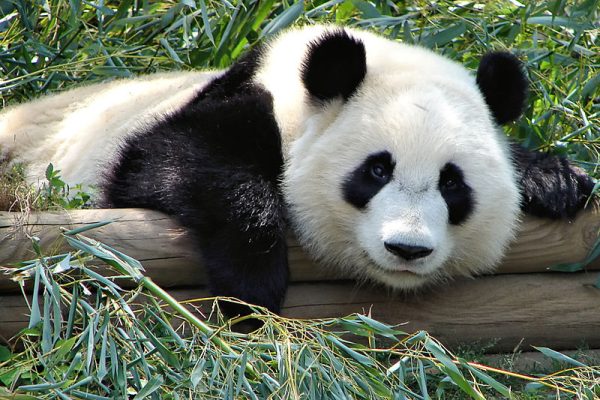
Additionally, 25% of all birds and 20% of all mammals are located inside zoo enclosures. “Zoos are prisons for animals, camouflaging their cruelty with conservation claims,” says Mimi Bekhechi, director of international programs at PETA.
The problem is that these animals belong in the wild. By removing them from their natural environments, you disrupt their natural ecosystems. In contrast, once you capture and hold animals at a zoo, it is very difficult to release them back out into the wild where they belong. The longer the animals are held in captivity, the more crucial knowledge is lost that is required to live in the wild.
In fact, only 14% of captured animals are ever released into the wild. Although, zoos claim to be for saving the environment, they are a big contributor to pollution and use up a lot of resources including energy and water. Aquariums, in particular, can use tons of water.
Many animal activists have brought up different alternatives to zoos including using live video footage. These “virtual zoos” keep no captive animals, instead they use filmed nature content to simulate the experience of being out in the wild amongst other species of animals. Not only is this experience better for wild animals, it has the power to provide an educational experience, since it allows for animals to be seen in their natural habitats, while behaving as they would in the wild.
Conclusion
Overall, there are many different opinions about zoos. Some, like Dale Jamieson, argue that zoos “alleviate our sense of guilt for what we are doing to the planet, but they do little to help the animals we are driving to extinction and zoos exist for humans alone.” Others, like Betty White, say that “people forget the good that zoos do. If it weren’t for zoos, we would have so many species that would be extinct today.”
After evaluating the various pros and cons of zoos, does the scale tip one way or or the other for you?
















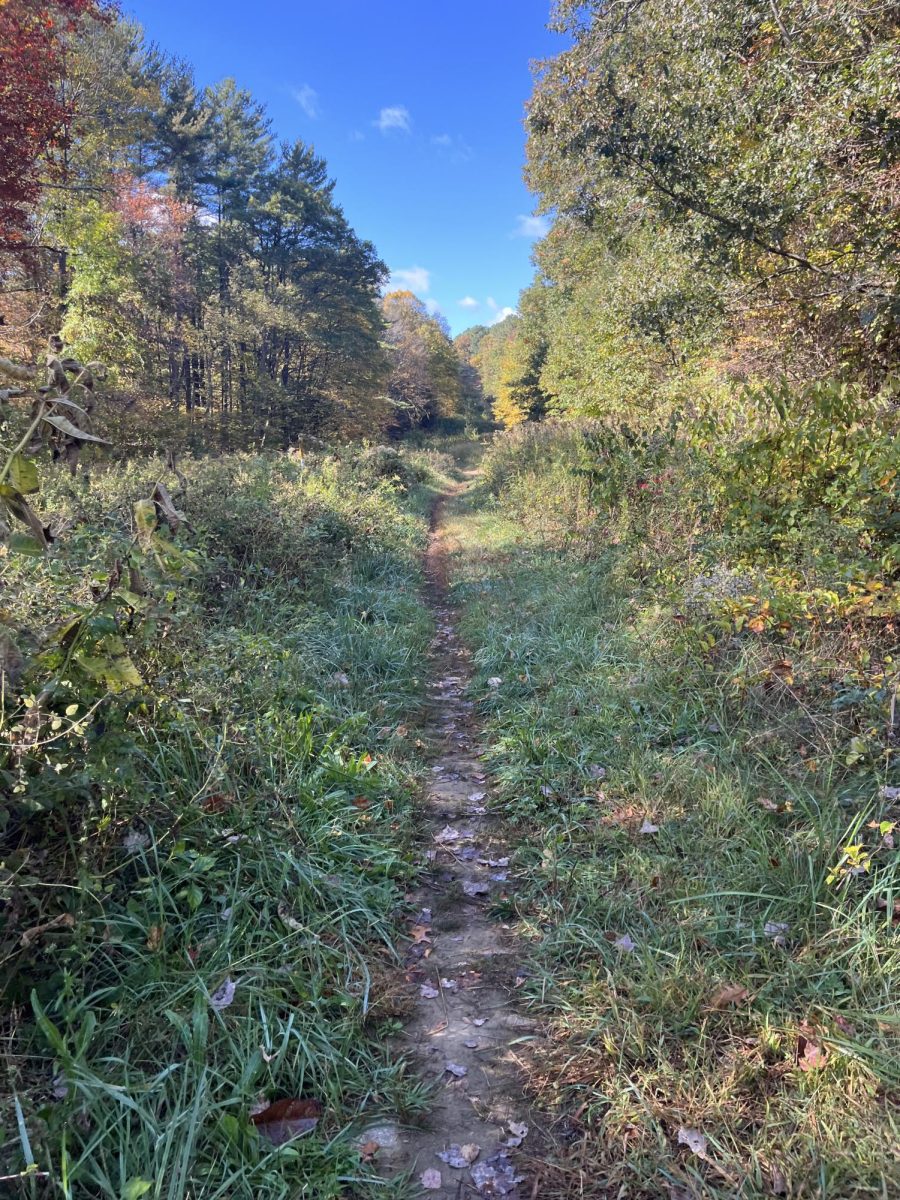



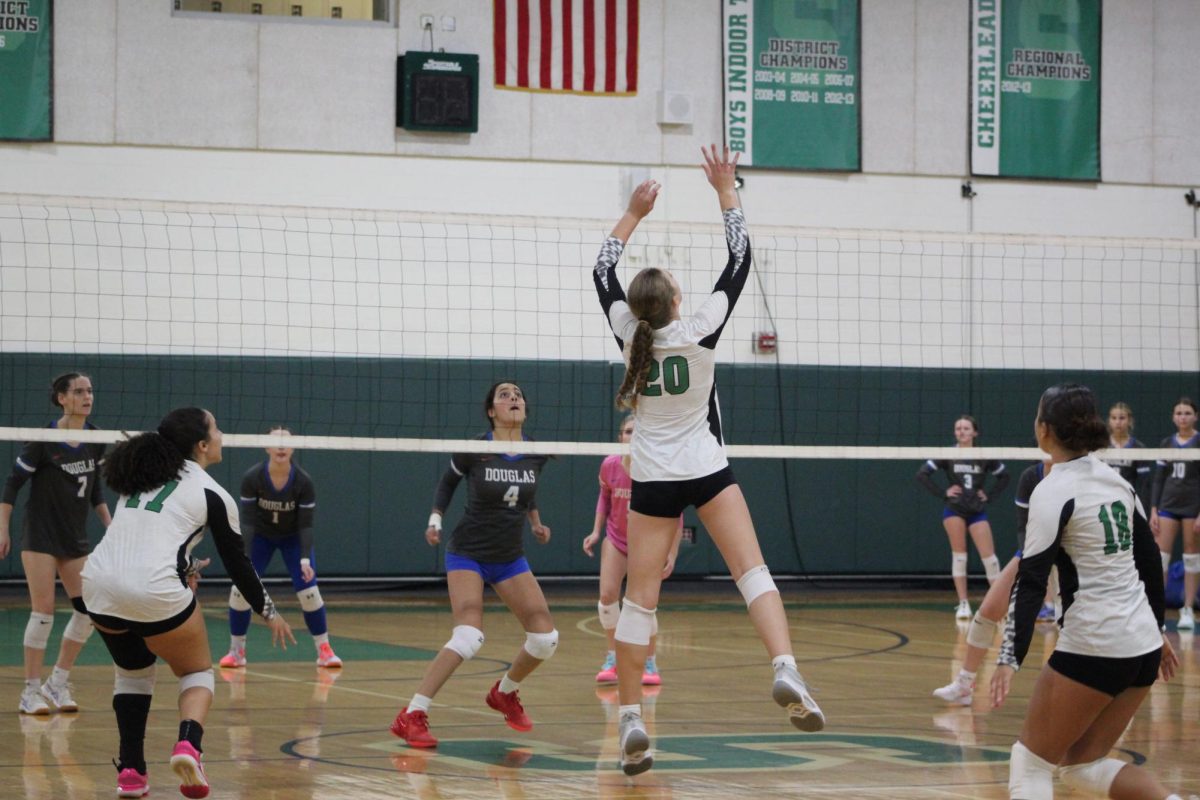

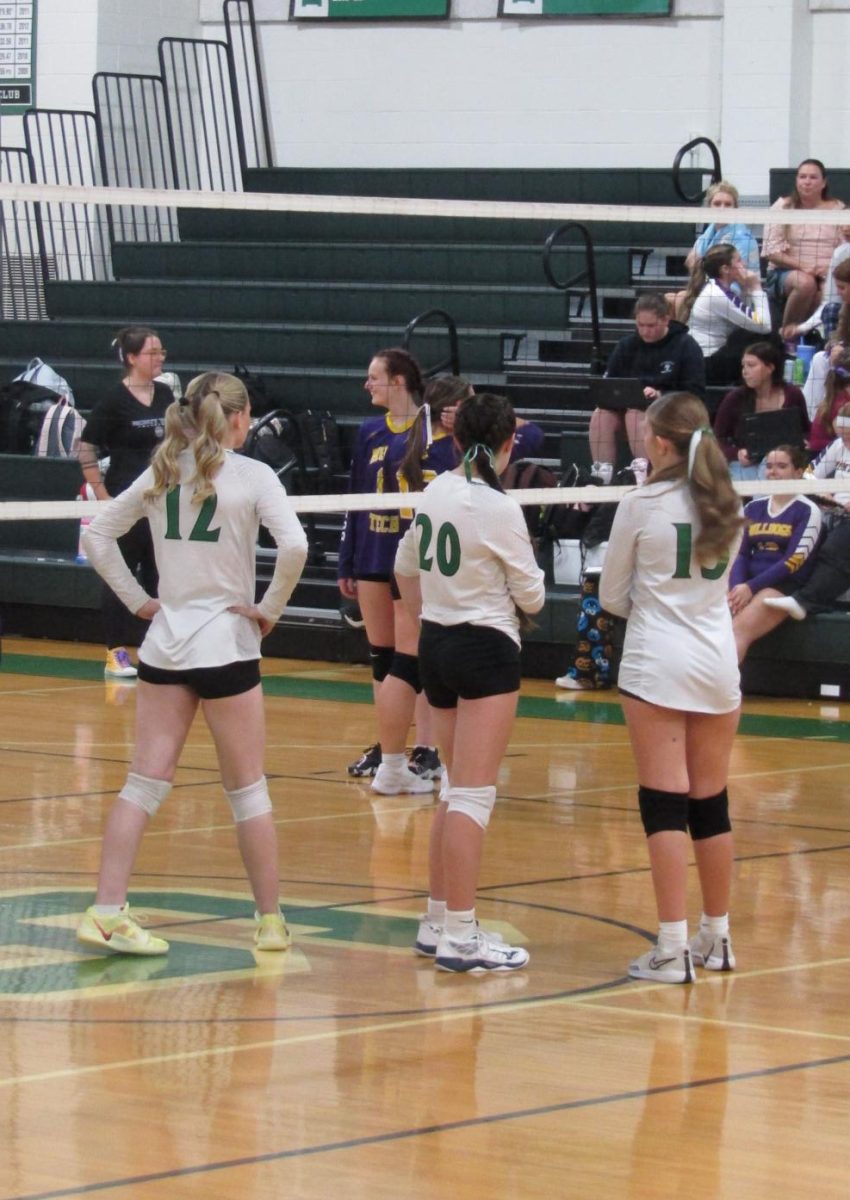
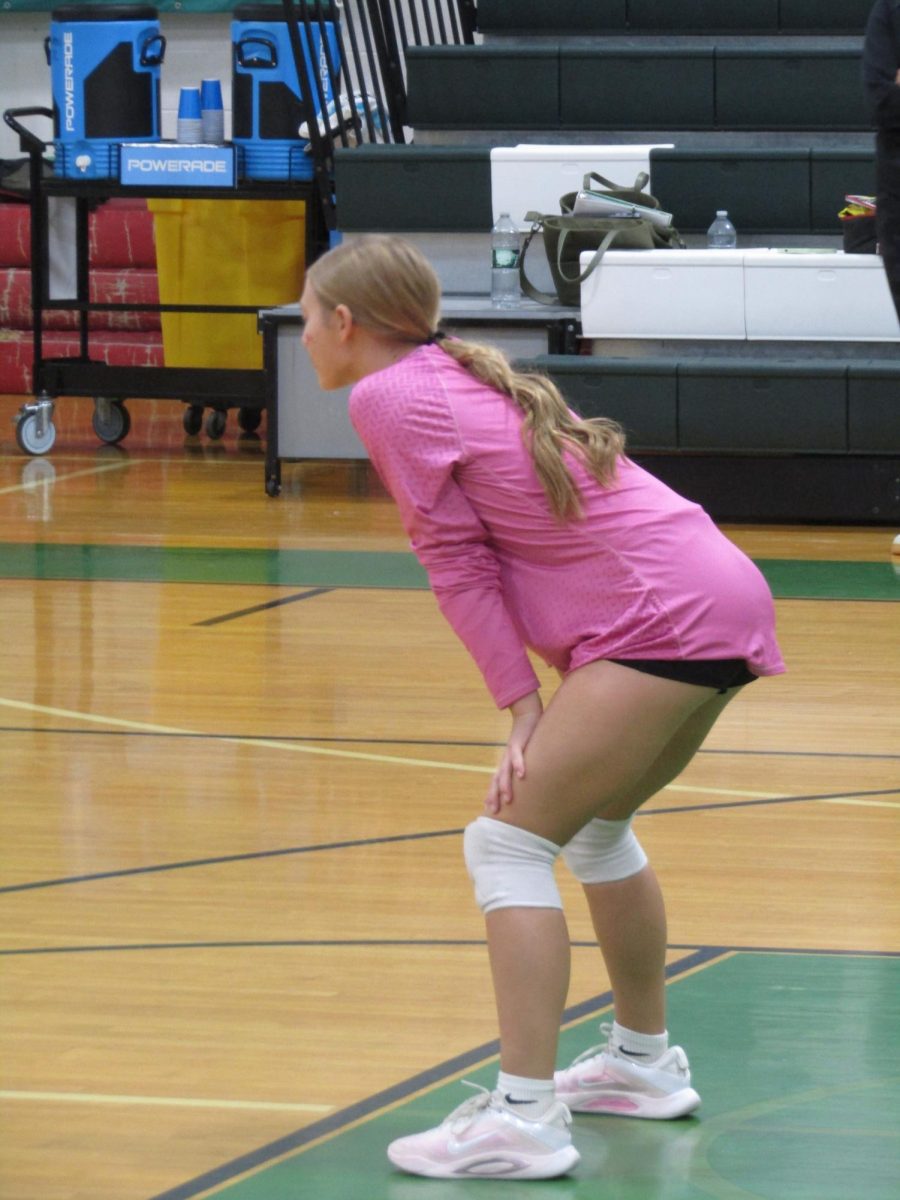










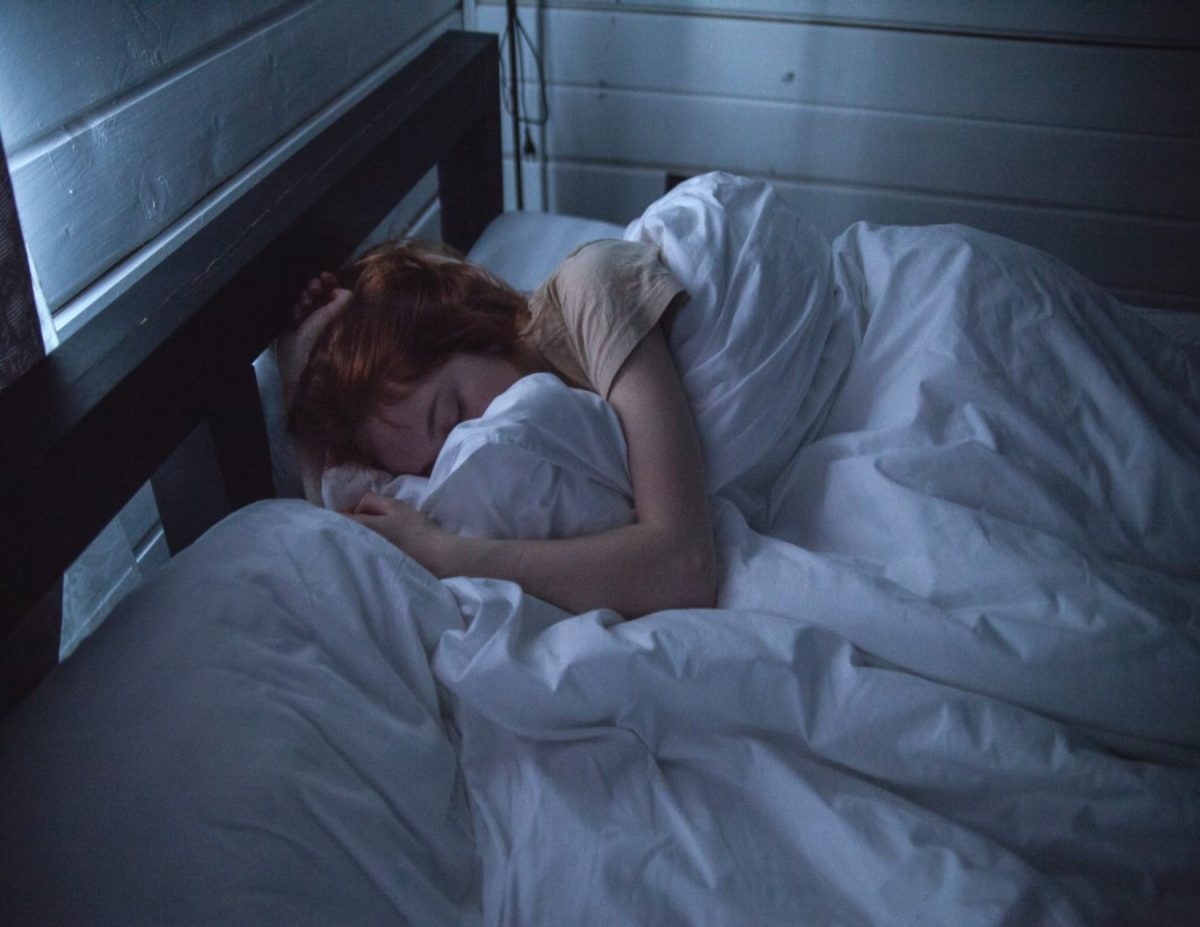



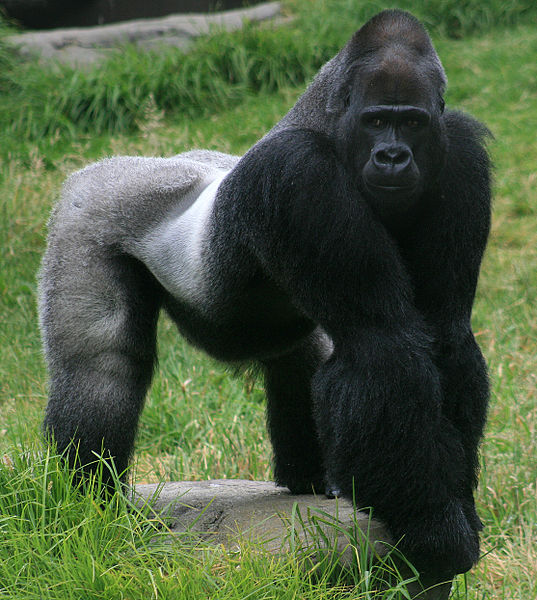
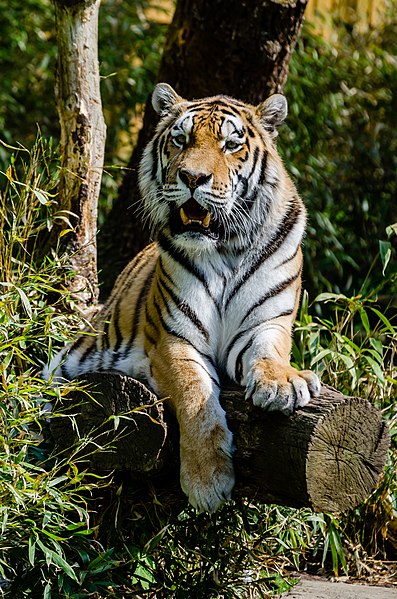
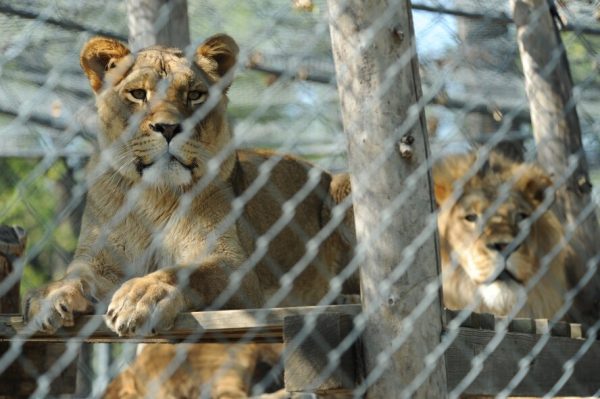
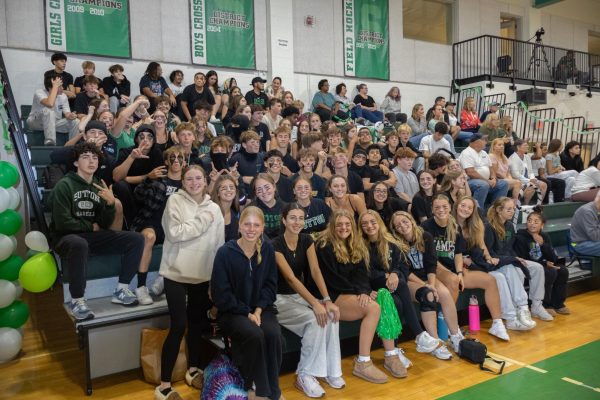



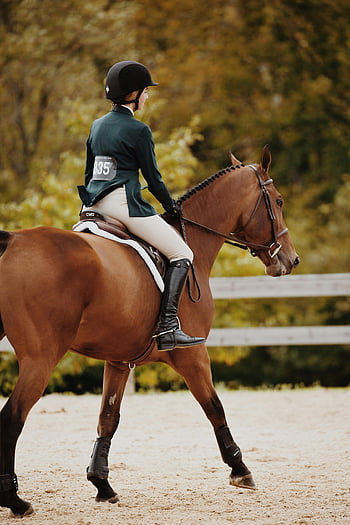



chloe • May 21, 2025 at 8:39 am
I think zoos are extremely unethecal
Zoe • May 13, 2025 at 9:29 am
I strongly believe that zoos should be Illegal, and this article just helped me believe in my statement even more.
Paul Michael Amaral • May 5, 2025 at 1:43 pm
This is totally right I do think zoos should defentally be banned for life.
Noah • Apr 14, 2025 at 1:51 pm
Zoos should be banned becauseInformation
• Fact
1. 1 JUNE 2017, 15:23 BST — The polar bears in Winnipeg have disco poo. Their droppings look like little glitterballs.
Before anyone starts sprinkling the stuff on their cornflakes, this isn’t the hottest new beauty trend nor is it a natural phenomenon: Assiniboine Park Zoo’s keepers use coloured glitter in the bears’ feed to identify their droppings.
2.
Why? Well, scat reveals all sorts of things about individual animals; information the keepers share with the scientific community. Many zoos conduct such studies, and also run captive breeding programmes for endangered species. However, critics say this doesn’t justify their existence.
• Expert opinion
1. Mimi Bekhechi, director of international programs at PETA, explains.
2. Animals in zoos suffer tremendously, both physically and mentally. They often display neurotic behaviour, like repetitive pacing, swaying, and bar biting. Not surprising, perhaps, considering the typical polar bear enclosure is one million times smaller than the area they would naturally roam.”
• Quotation
• “Zoos are prisons for animals, camouflaging their cruelty with conservation claims,” Mimi Bekhechi, director of international programmes at PETA, explains. “Animals in zoos suffer tremendously, both physically and mentally. They often display neurotic behaviour, like repetitive pacing, swaying, and bar biting. Not surprising, perhaps, considering the typical polar bear enclosure is one million times smaller than the area they would naturally roam.”
And
• Fact
1. Not all zoos have ample space to provide their animals; many zoos cram in as many animals as possible into the enclosures.
2. Tigers and lions have around 18,000 times less space in zoos than they would in the wild. Polar bears have one million times less space.
3. For example, 40% of lion cubs die before one month of age and elephants in the wild live more than three times as long as those kept in zoos. According to National Geographic, nearly 80 percent of zoo animals have symptoms of anxiety and depression.
4. According to the World Animal Foundation, “zoos don’t provide suitable environments for the animals, because they are kept in small, confined spaces where their needs aren’t met. Many animals are ignored and may even die prematurely.”
• Expert opinion
1.According to the World Animal Foundation, “zoos don’t provide suitable environments for the animals, because they are kept in small, confined spaces where their needs aren’t met. Many animals are ignored and may even die prematurely.”
Zoos are prisons for animals, camouflaging their cruelty with conservation claims,” says Mimi Bekhechi
• Overall, there are many different opinions about zoos. Some, like Dale Jamieson, argue that zoos “alleviate our sense of guilt for what we are doing to the planet, but they do little to help the animals we are driving to extinction and zoos exist for humans alone.”
• Quotation
Zoos are prisons for animals, camouflaging their cruelty with conservation claims,” says Mimi Bekhechi
Overall, there are many different opinions about zoos. Some, like Dale Jamieson, argue that zoos “alleviate our sense of guilt for what we are doing to the planet, but they do little to help the animals we are driving to extinction and zoos exist for humans alone.”
Porter • Apr 7, 2025 at 11:01 am
No they should not be banned because animals such as peinguins, polar bears, and many marine life are losing their home in the artic due to gloabal warming and could die off, but zoos can help preserve that life even if the inclosure is small its better than being dead. I think a good compremise is to give zoo’s more funding to put towards not only getting more land but better food.
leo troia • Mar 15, 2025 at 5:57 pm
they help kids learn about animals
kk • Mar 18, 2025 at 1:16 pm
that is true but the animals hate being in a zoo cage
Jayda Gardener • Feb 25, 2025 at 11:22 am
Zoos should be banned I mean only 15% of animals in zoos are threanted so what is your excuse
faxbot66 • Feb 7, 2025 at 12:07 pm
zoos are cracked bro they help endangered species
shawn • Jan 31, 2025 at 7:21 am
zoos are good y’all are over reacting like calm down.
grant • May 12, 2025 at 10:29 am
chill out shawn
Anuttara • Jan 28, 2025 at 6:30 pm
In my opinion, we should not support zoos and try to get then banned!
kurt • Jan 23, 2025 at 11:32 am
zoos should not be banned they help the animals
Jackson • Jan 8, 2025 at 10:55 am
Zoos should be SHUT DOWN FOREVER
kurt • Jan 23, 2025 at 11:34 am
no they should not
kk • Mar 18, 2025 at 1:18 pm
YES THEY SHOULD DUMBO
river • May 28, 2025 at 2:02 pm
calm down kk
Hazel • Dec 19, 2024 at 8:45 am
Despite what others have been saying, I don’t believe all zoos should be shut down. Yes, there are zoos that should be, like roadside zoos who neglect their animals and are only in it for the profit, but zoos that provide large enclosures with a suitable area of privacy for the animals should be acceptable as well as making sure that glass barriers are only seen through one side, the guest viewing side. In order to accomplish zoos that are the most ethical towards their animals, recreating life as accurate as possible to the wild, we probably wouldn’t have as many zoos as we do. I think zoos should also start moving past artificial barriers and more so natural barriers. I think modern zoos are beginning to head in that direction. Zoos, such as the San Diego Zoo, contribute heavily to conservation as well as communities that live within the same environment as wildlife. As for how animals generally end up in zoos is usually through captive breeding or because they are too sickly or injured to survive in the wild. If we are arguing against ethical zoos then what about wildlife sanctuaries? Also, for the alternative mentioned in the article of having videos for people to watch instead of physically going to a zoo, I think wouldn’t be as impactful. I don’t think streams would get as much attention as a zoo or sanctuary and seeing a lion in real life would definitely have more of an impact on people. You don’t really realize the shear beauty of these animals until you see them for yourself and really understand why it’s so important to protect them and their habitats. I think that captive breeding programs should try their best to introduce captive bred wildlife back into their native habitats. Some sanctuaries are already doing that as their instincts can’t be taken away. Are there bad zoos? Yes, but not all zoos deserve to be shutdown. What would we do with all the animals that live there?
Sheryl Mulvaney • May 20, 2024 at 1:45 pm
My husband and I went to the Indianapolis Zoo last week. I was so upset at the way they treat the animals. They were so sedated it sickened me. All zoos should be shut down. I wouldn’t want people to be treated that way.
Jenny Talia • May 26, 2024 at 4:02 pm
i completely agree, Sheryl. well said. Frick all zoos and the hell they are putting animals in.
Wilson vailes • Aug 28, 2024 at 9:24 am
Why should animals be locked in cages for their entire lives instead of out in the wilderness with their own kind
kurt • Jan 23, 2025 at 11:35 am
they do not treat them like that
Jay • Jan 24, 2025 at 12:22 pm
how do you know? what’s your proof?
aisha • Nov 29, 2024 at 1:36 pm
your right! , animals are getting treat horribly
ALL ZOO’S SHOULD BE SHUT DOWN FOREVER
Noah • Apr 14, 2025 at 2:00 pm
You are telling the truth I’m so glad someone else agrees with me